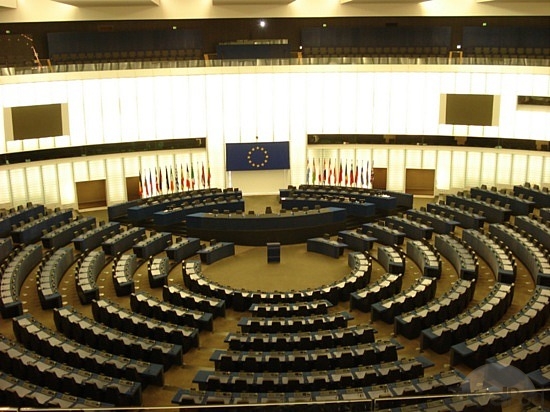The EU’s foreign policy regarding Russia was at the table at the recent meeting of European foreign affairs ministers. Federica Mogherini, head of the EU’s external action service, had circulated a paper among the group exploring the mood for a potential softening of the sanctions against Russia. Ms Mogherini suggested the EU might seek to restore relations with Russia on the basis of talks regarding visas and energy policy among others.
However, representatives of the UK, Poland and the Baltic states, traditionally cautious of Russia, considered it as an error in EU strategy. Philip Hammond, Britain’s foreign minister, called for the continuation of a “unified and disciplined” response to Russia. “We’d all like to see us being able to reduce sanctions, but only once Russia is complying with its obligations,” he said.
In spite of the ceasefire agreement both the Ukrainian army and pro-Russian rebels claimed on Monday that they control Donetsk airport. Kiev reported three dead soldiers and 66 injured. Grzegorz Schetyna, Poland’s foreign minister, invoked the recent events to defend his position in terms of “the context of what is happening today in Donetsk and Lugansk, the return to fighting and warfare”.
Linas Linkevicius, Lithuania’s foreign minister, said that Ms Mogherini’s “discussion paper” sent the wrong signals. “I do not think we should think how to re-engage; Russia should think how to re-engage . . I see no reason why we should invent something”.
Ms Mogherini said of the EU’s relationship with Russia after the meeting: “There is no normalization; no back to business as usual . . . Those who were expecting major divisions on Russia will be a bit disappointed.”
Italy, France, Hungary and Slovakia are considered to be pushing for an easing of pressure on Moscow. Germany has thus far insisted that the EU should not change its stance unless Moscow implements fully the terms of the ceasefire under the Minsk agreement.



